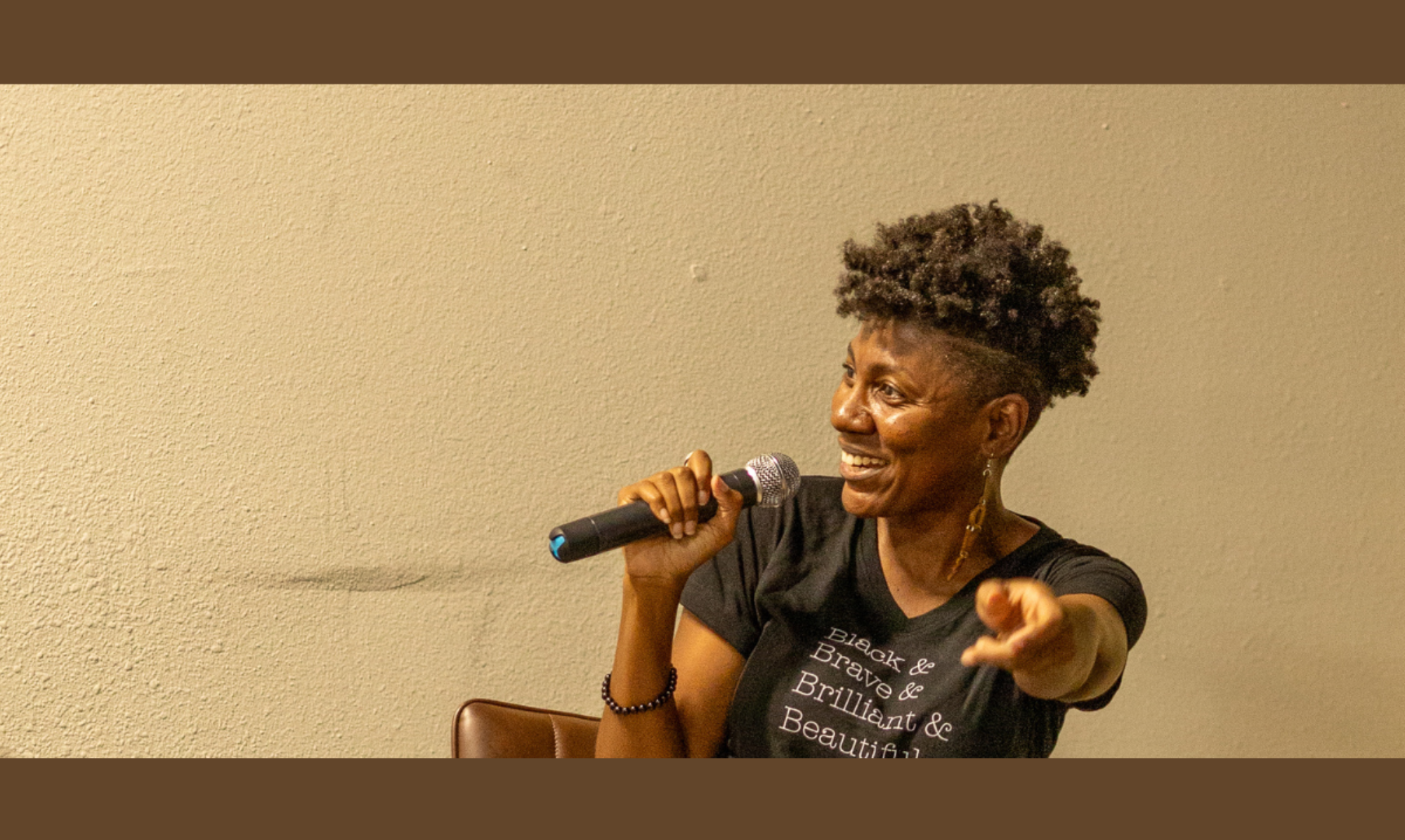Who Does Colorism Affect? The trouble with insider/outsider positioning is that it blinds us to the real answer.
If we can only know our very own experiences, then we can know very little.
Any thing that happened before June 6, 1985, I had no experience with. If I have to directly experience something to know it, then I know nothing about almost everything: the Vietnam War, Marcus Garvey, Apartheid, the Holocaust, President Roosevelt, the American Civil War, American slavery, the French Revolution, Egyptian pharos, or Chinese emperors, etc.
Crimes would never be punished. Judges would have to be robbed, murdered, raped, have their property vandalized or set on fire in order for them to believe any victims or witnesses of such crimes.
Saying, “I don’t think colorism or racism exist because I personally have never experienced it, so it can’t possibly exist,” is like saying, “I’ve never been to New Zealand, so I don’t think it exists,” or, “I’ve never been healed from a medical procedure, so I don’t think hospitals are necessary, since they’ve never worked for me personally.”
You can see that experiential knowledge is only a part of our total knowledge.
Avoiding knowledge of a situation is a way to avoid responsibility.
Imagine if white Freedom Riders had said, “Oh, no. We can’t get involved with that because we don’t know anything about being black, and therefore we know nothing about racism.”
Imagine if someone asked me to donate to prostate cancer research and I said, “Oh, no. I can’t get involved or learn more about this because I’ve never had prostate cancer. It’s just not relevant to me.”
Imagine if Brad Pitt had said, “I don’t live in New Orleans and I wasn’t there during Katrina, so why should I get involved with building more homes?”
Imagine if Oprah had said, “I don’t have any sons, I’m not a man, and I’ve never gone to Morehouse, so why should I give over 400 black, male students scholarships to attend?”
Many youth have committed suicide as a result of bullying. Are the bullies outside of the situation, or do they have a critical role in shaping the situation? Do we only address the targets of bullying, or do we also need to address the bullies themselves?
If an employer refuses to hire me because of my sexual orientation, are his actions separate and outside of my experience?
If I step on your foot, are you wrong to say, “Excuse me Sarah, even though you don’t feel my pain, you play an integral role in stopping the pain. It would help a lot if you remove your foot.”?
Bottom Line
Different doesn’t have to equate with inside/outside, part of/not part of, better than/worse than, more than/less than. It’s that very thinking that breeds racism in the first place. You might experience the situation differently from me, but you’re still part of the situation.
A good example of someone who I think understands this is Tim Wise. He’s a white man who speaks, from his perspective, on racism. Though his vantage point is different, his efforts can help alleviate the consequences of racism for everyone.
I hope we can look at the situation of colorism and determine our vantage point, rather than being cynical and insensitive.
Blacks have their share of blemishes, but colorism resulted from the actions of colonial powers, white slave owners, and slave traders, then it was propagated and perpetuated through white owned media.
I hope black people can see that even though we need to heal our own community, we also need to hold non-blacks accountable for creating/maintaining situations where blacks internalize racism as a method of survival (i.e. passing for white to get a job). We can’t improve or eliminate these situations without bringing multiple vantage points to the discussion.
I hope blacks can understand that we’re all affected by it in some way.

